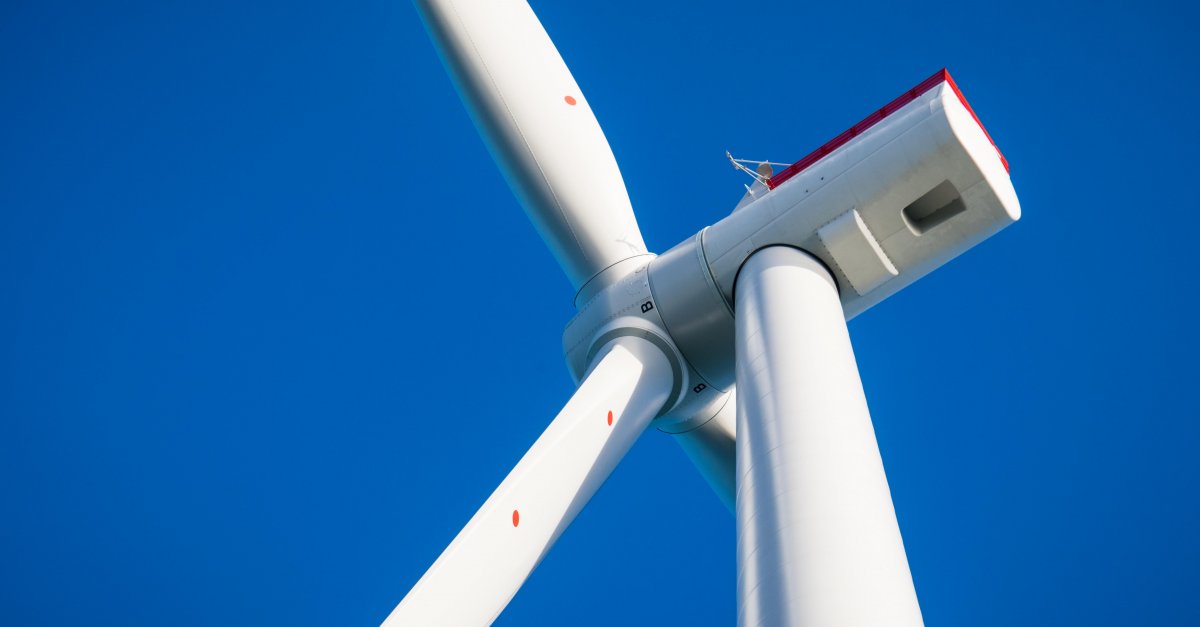Siemens Gamesa (SGRE) signs turbine deal for Sweden project
The Swedish wind power developer Eolus has together with the Norwegian specialist in renewable energy Hydro REIN signed a agreement with Siemens Gamesa Renewables for 42 wind turbines.
The turbines will be used for the 260 MW Stor-Skälsjön wind project in Sweden, like this one summer was jointly acquired by Eolus and Hydro REIN.
The project company owned by Eolus (51%) and Hydro REIN (49%) has signed an agreement with Siemens Gamesa Renewables for the delivery of 42 Siemens Gamesa SG 6.6-170 turbines. Commissioning is expected to take place during the fourth quarter of 2023.
The partners have agreed to sell the majority of the project shares and a sale process is underway.
Contributes to the local economy
In a comment on the agreement, Per Witalisson, CEO of Eolus, says: “We look forward to collaborating with Siemens Gamesa and our project partner Hydro REIN to establish Stor-Skälsjön. Eolus has built a lot of wind power in the area before and we are happy to have taken another step towards contributing to the local economy and new power production. ”
Clark MacFarlane, CEO of Siemens Games’s NEME region, said: “Sweden has been a key country for the development of the Siemens Gamesa 5.X platform and we still see great opportunities across the Nordic region and more widely to help our customers deliver the most competitive projects. We will work closely with our longtime partner Eolus to help them meet their needs in this latest project. ”
Siemens Gamesa’s share price rose slightly (0.53%) in early morning trading to € 20.94.
Read more: The FuelCell (FCEL) share drops 14% on profit loss
The difference between trading assets and CFDs
The biggest difference between CFD trading and trading assets, such as commodities and stocks, is that you do not own the underlying asset when trading on a CFD.
You can still take advantage of if the market moves in your favor, or make a loss if it moves towards you. But with traditional trading, you enter into a contract to exchange the legal ownership of the individual shares or commodities for money, and you own this until you sell it again.
CFDs are leveraged products, which means you only need to deposit a percentage of the total value of the CFD trade to open a position. But with traditional trading, you buy the assets for the full amount. In the UK, there is no stamp duty on CFD trading, but there is when you buy stocks for example.
CFDs incur overnight costs to hold trades (unless you use 1-1 leverage), making them more suitable for short-term trading opportunities. Shares and commodities are bought more normally and held longer. You can also pay a broker commission or fees when you buy and sell assets directly and you need somewhere to store them safely.
Capital Com is a service provider for execution. The material provided on this website is for informational purposes only and should not be construed as an investment advice. All opinions that may be provided on this site do not constitute a recommendation of Capital Com or its agents. We make no representations or warranties as to the accuracy or completeness of the information provided on this site. If you trust the information on this page, you do so entirely at your own risk.




